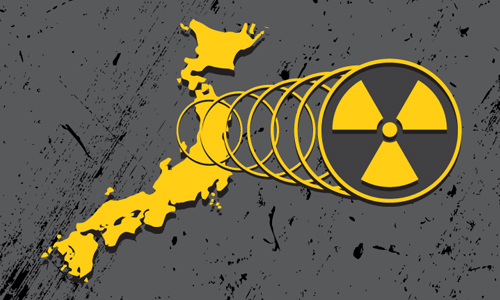Fukushima’s missing melted cores and radioactive gushers continue to fester in secret.
Japan’s harsh dictatorial censorship has been matched by a global corporate media blackout aimed—successfully—at keeping Fukushima out of the public eye.
But that doesn’t keep the actual radiation out of our ecosystem, our markets … or our bodies.
The impacts of these emissions on human and ecological health are unknown primarily because the nuclear industry has resolutely refused to study them.
Here are 50 preliminary reasons why this radioactive legacy demands we prepare for the worst for our oceans, our planet, our economy … ourselves.
1. At Hiroshima and Nagasaki (1945), the U.S. military initially denied that there was any radioactive fallout, or that it could do any damage. Despite an absence of meaningful data, the victims (including a group of U.S. prisoners of war) and their supporters were officially “discredited” and scorned.
